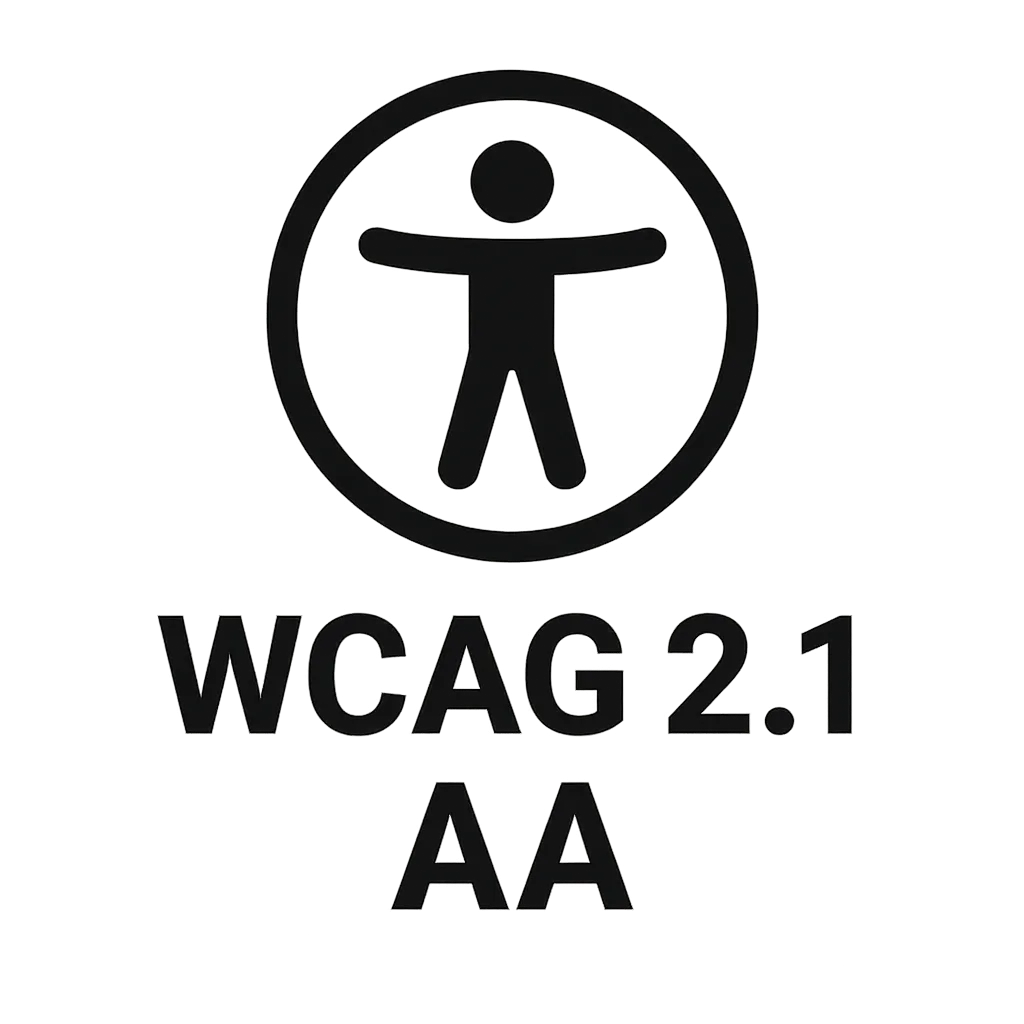PDF Accessibility Standards & Laws
Understanding ADA, Section 508 & WCAG for Your Organization
Accessibility standards are more than guidelines—they’re essential for ensuring that people with disabilities can fully engage with your digital documents. Whether you're a compliance professional, educator, or executive, understanding ADA Title II/III, Section 508, WCAG 2.2, and PDF/UA is critical for avoiding costly compliance risks and enhancing universal access.
With upcoming ADA Title II deadlines (April 2026/27), U.S. organizations must now ensure their PDFs meet WCAG 2.2 AA and PDF/UA standards, or potentially face significant legal and financial risks (average lawsuit costs over $100,000).
The 3 PDF Accessibility Standards Every Organization Must Understand

WCAG 2.1 Level AA
Globally recognized guidelines ensuring digital content is perceivable, operable, understandable, and robust. If your PDFs meet WCAG 2.2 AA, you're compliant with most international regulations and prepared for ADA & 508 compliance audits.
PDF/UA (ISO 14289)
The international standard that defines accessible PDFs for assistive technologies. Meeting PDF/UA means your PDFs can be reliably accessed by screen readers, enhancing your compliance posture globally.
Section 508 & Intl. Laws
Section 508 mandates digital accessibility compliance in the U.S., but similar requirements exist worldwide: Europe's EN 301 549, Canada's AODA, Australia's DDA, and others. All standards align closely with WCAG 2.2 AA and PDF/UA guidelines.
AoD™ Supports Global PDF Accessibility Standards
By remediating to WCAG 2.1 AA and PDF/UA standards , AoD™ helps you meet or exceed the technical requirements referenced by major accessibility laws worldwide.*
European union
EN 301 549
canada
aoda
australia
dda
United kingdom
p.b.s.a.r.
france
rgaa
germany
bitv 2.0
international
wcag & pdf/ua
*Local requirements and enforcement may vary. Our compliance engine is mapped to the globally recognized technical standards referenced by these laws.

